Idolizing nerds: Putting the “e” in sports

Sports have traditionally been defined as competitive athletic activities that require physical prowess and skill. Digitization has driven the rapid growth of a new category of competitive, skill-based activity that parallels many of the features of conventional sports if we replace physical strength with mental agility—esports.1 Esports was driven by the growth of video games, but this post will focus on the former.
Imagine that you’re going to a sold-out game at Madison Square Garden, but instead of watching NBA players, you’re going to watch professional League of Legends (a video game) players compete. The center of the stadium is occupied by 4 giant screens for the audience to view the match while the 10 players (5 on each team) sit below at their computers (see photos below).
ESPN has taken notice and has a section on its site dedicated to covering these games.2 As you let the numbers in the below chart sink in, I want to highlight that these are hundreds of millions of people around the globe who are watching (not playing) professional players of a specific video game play that game.
How have nerds acquired a fan base that rivals that of athletes? The history of esports dates back to 1972,3 but Riot Games has brought it to the forefront.
Founded in 2006, Riot has developed and published one game—League of Legends (LoL). This game turned out to be the most popular game in the world with now over 100 million active players each month.4 The game genre lends itself well to an engaging viewing experience, so the founders created an esports division to increase player engagement. The success of their esports offering was as unexpected as the success of the game itself. In 2013, there were already more viewers of LoL World Championship than NBA finals and World Series:5
Riot Games has thus been able to lead not only in video game development and publishing but differentiated itself through a new business entirely by delighting their consumers through modeling it as a sport and creating core fans.
The operating model is similar to that of traditional sports. Teams earn points based on performance in regional competitions. The top teams from each region then get placed into group stages to qualify for the knockout stage:6
Team coaches re-evaluate their roster every season. Pro players make 6-figure salaries and live together to meet the strict training regimen with 12 hour practices per day.7 There is also a collegiate league with colleges offering varsity esports scholarships.8 During the game, shoutcasters narrate what’s happening on the map. Post-game, the analysts go through highlights and break down game-changing moves. Like in traditional sports, fans can participate in fantasy leagues offered through DraftKings.9
Digitization has enabled some operational choices that differ from traditional sports. The first is that esports is most consumed through free live streaming on sites such as Twitch (which was acquired by Amazon for almost $1Bn).10 The second is that given the nature of the sport being digital, the game can be updated each season to promote new strategies and prevalence of champion choice (there are 120+ champions and growing but each game only features 10), so mastery can never be achieved. This is driven by the staggering volume of data that can be analyzed to inform tweaks that will significantly impact game play and further engage players and fans.
The next step is figuring out how to effectively monetize this business as Riot’s esports is operating at a loss. Charging customers is very unlikely given the company’s mission and history as well as established consumer behavior. Following the traditional sports model, one thought is to sell broadcast rights. Rumors of doing so with ESPN have been denied,11 but is a viable option. The main concern I’d have is whether the target audience would prefer to continue watching on established game streaming sites like Twitch. Alternatively, Riot can sell broadcast rights to Twitch; this hasn’t been done before but Riot essentially has a monopoly and can try to force Twitch’s hand if they can mitigate the risk of breaking player trust (this has been an issue every time Riot is perceived as trying to generate revenue). More viable options can include sponsorship and advertisement on these streaming sites to monetize like Facebook and Google does. Finally, Riot’s esports division can be spun off into its own company. They’ve developed an expertise that can feature games from other companies that could pay for their services. The concern here is cannibalization with Riot’s own games but this risk seems low. There’s no strong link that esports viewership drives game play. Instead, existing fans of games become interested in esports.
And for fun, this was the 2016 World Championships trailer by the grammy EDM artist Zedd:
Word Count: 797
Endnotes:
- http://edition.cnn.com/2016/05/31/sport/esports-is-professional-gaming-a-sport/
- http://time.com/4241977/espn-esports/
- http://kotaku.com/5953371/today-is-the-40th-anniversary-of-the-worlds-first-known-video-gaming-tournament
- http://www.riftherald.com/2016/9/13/12865314/monthly-lol-players-2016-active-worldwide
- http://ftw.usatoday.com/2014/05/league-of-legends-popularity-world-series-nba
- http://www.lolesports.com/en_US/articles/understanding-group-draw
- http://www.espn.com/espn/story/_/id/13053116/esports-athletes-put-hours-training-reach-pinnacle
- https://dotesports.com/at-least-5-colleges-now-have-league-of-legends-esports-scholarship-programs-932d9865c70e#.jyogytos4
- https://www.draftkings.com/help/lol
- http://venturebeat.com/2014/08/25/amazon-acquires-twitch-worlds-largest-e-tailer-buys-largest-gameplay-livestreaming-site/
- http://venturebeat.com/2016/05/23/the-story-is-false-espn-riot-games-deny-500m-league-of-legends-esports-tv-deal/



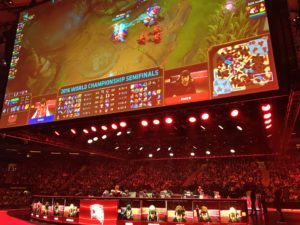
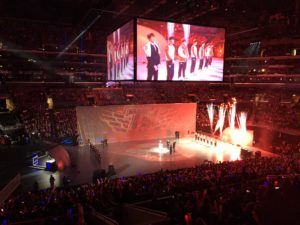

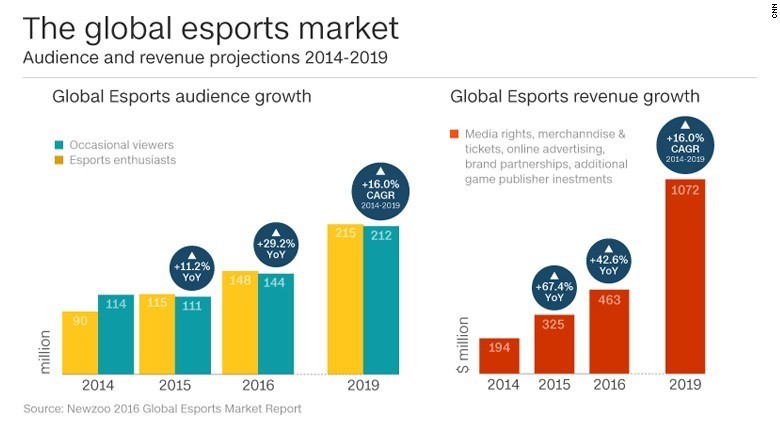
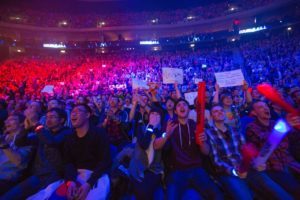
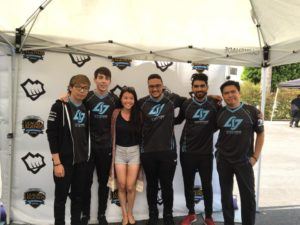
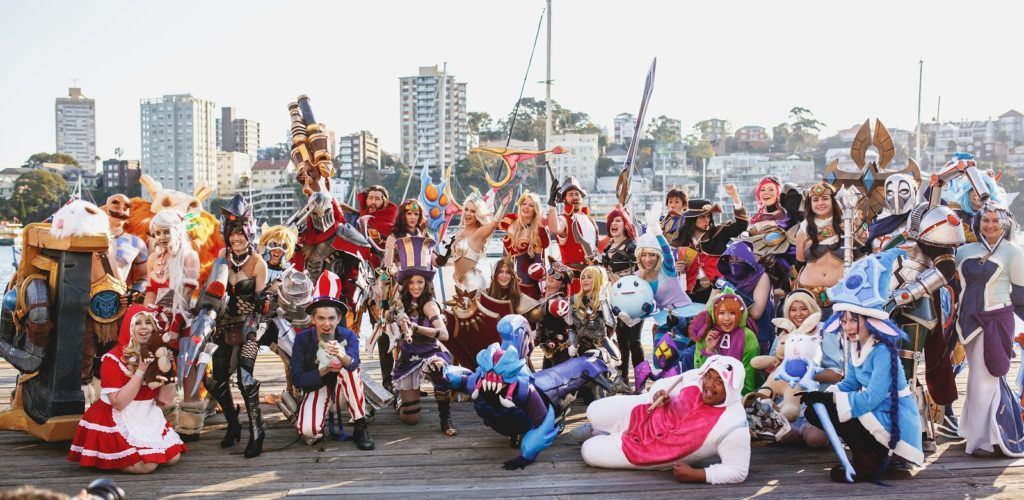
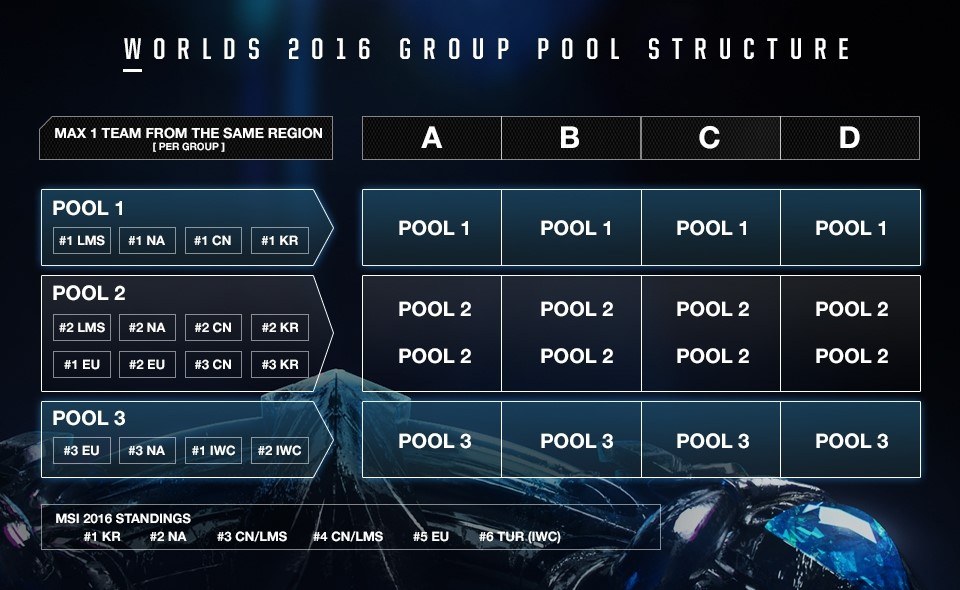
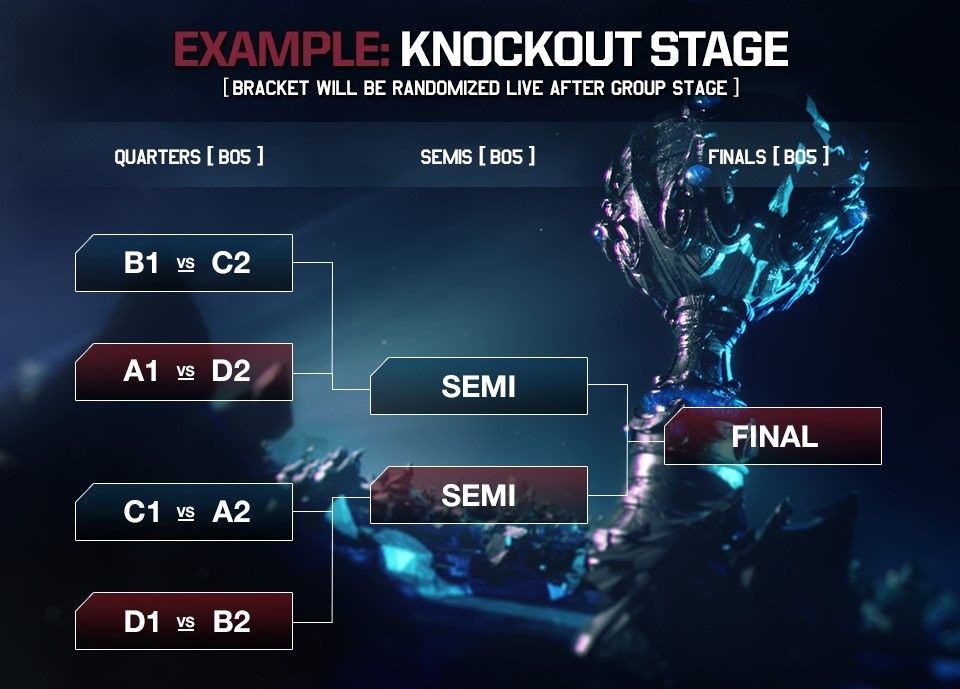
Sylvia, you have rekindled my hopes of being a professional athlete!
This is the new era of the “nerd sports” (I consider the chess to be its precursor), and it is very exciting!
Can you imagine Garry Kasparov and Anatoly Karpov playing LoL and trying to reach the highest ELO ratings ever? I’m sure IBM will come up with some sort of improved IA to beat all the champions…
Now that I have shown how cool I think this is, let’s get down to business. I was thinking about the monetization problem and wondered if they could do something like the NFL: granting franchises to clubs, sharing revenues etc. I would watch the New York Yankssassins vs the Boston Mage Sox. I know it’s a little ambitious, but why not? Maybe even the NCAA could explore their free labor when they are in college!
BTW that video is amazing
Sharp Boy – I am so warmed by your reaction. I think it’s so inspiring how this can become an actual career now.
On your monetization ideas, Riot is definitely looking to traditional sports models. Your idea is totally valid. My sense is that Riot would have a hard time stomaching it because the perception by players would be too risky. The other reason is that the teams themselves tend not to be high margin. In fact, currently Riot will give teams a stipend to exist.
And yes the video is awesome. Riot’s working on leveling up their video animation skills.
Thanks Sylvia! I agree that the monetization problem is a difficult one, as Twitch offers a hassle-free way to stream these events without paying, and changes to this model might be met with community backlash. I would have concerns as well about advertising, as any attempts to “interrupt” the experience with commercialization like this could be met in the same way.
Additionally, how sustainable do you think the current situation is with LoL being the only offering? Larger game studios may be much more amenable to commercialization (working with ESPN, advertising actively, etc) and this could be a big threat to Riot and League of Legends. I’m interested to see how this will play out!
Thanks for your comment Ben! On your concerns:
1) Yes I agree that Riot would not want the costs to be passed to the viewers, so the negotiation would have to be very civil so that Twitch doesn’t charge the end users. I think the leverage Riot can have is providing Twitch with exclusive access to the games because viewers can currently watch on YouTube, Azubu, etc. Moreover, Twitch actually has ads already and offers a premium subscription for people who don’t want to pay.
2) I agree with any disruption to the viewer’s experience through advertisements. I think there is room for this though because players need to take breaks between games anyway and Riot can filter for the types of advertisements video game players would actually want to see (e.g., gaming equipment)
3) This last question you ask is key and what most people at Riot even ask. The mission is to make LoL a sport that lasts for generations, so there’s conviction that it’ll sustain Riot for at least another decade. That said, Riot is actively working on other games, but it is important to note that not every great video game is fitting for esports (e.g., role-playing games aren’t competitive so it won’t be in the running to be an esport). However, the dream would be to eventually get to an Olympics of video games.
And I’m also interested to see how this will play out 🙂
Sylvia, I find this amazing! The first time I heard there are professional video game players I couldn’t believe it, and even now I’m still surprised every time I have talked about it. I understand this is very big in Japan and Korea, do you see it coming over to the “western world” as successfully? Also, I am very interested to know who pays these players… are there professional teams that pay salaries, the video game companies?
On the monetization, I would think advertisement should be the way just like in regular sports. Do you see that as a real possibility??
I’m excited that you’re excited Francisco! I couldn’t believe it either. And that’s why I chose this topic.
On your questions:
1) You’re completely right that esports is much more established in Japan and Korea, particularly with Blizzard’s Starcraft. We see this now play out with Korean teams just dominating in the League of Legends worlds championships every season thus far. The reason I chose Riot Games is because they are the forefront of bringing esports mainstream to the western world and further entrenching it in Asia. In fact, Korea’s eSports Association just announced the end of the world’s longest running esports League (StarCraft) partly because League of Legends has been eating into their viewership. The structure of the league is global and the top teams from each region compete in the world championships, so there are a lot of North American teams, a few LatAm teams, and a lot of European teams. In fact, U.S. colleges are sponsoring varsity teams.
2) The players get paid a salary by the teams that own them for that season. There is then prize money for the winning teams.
3) On monetization, yes the traditional sports models are where Riot is looking for ideas. Sponsorships are happening at the team level, and I imagine that there’s a way to have it at the Riot level to make the operations of these events sustainable.
Thanks for an interesting post Sylvia. As a gamer myself I find this trend fascinating and hope it continues to grow. However, I do have doubts on eSports’ ability to ever be a standalone business. The core demographics of eSports audiences are young, tech savvy millennials, notorious for not willing to pay for anything online, which makes subscription or pay-per-view unlikely to be successful. Broadcast rights for TV will also be unlikely as young audiences tend not to watch linear TV. Monetization through ads in online views will be challenging too since the audience is scattered across so many geographies, requiring a large, distributed ad sales team that caters to each local market. Perhaps the biggest strength and benefit of eSports is cultivating a community of passionate gamers that help promote the core business of in-game sales?
Bad Hombre – you are voicing really articulately the concerns and sentiment of the camp that does not want to touch on the monetization question at all. This is indeed the challenge, and my pushback is that even though it’s hard to conceptualize given the unique challenges esports face versus traditional sports, we as gamers have an incentive to want this to be monetizable.
We don’t want this to happen: http://www.espn.com/esports/story/_/id/17821061/south-korea-kespa-discontinues-starcraft-proleague-14-years
So yes esports started with the mission you just outlined of community-building and feedback back to the core gaming business, but channeling my inner Riot I would ask how do we create and deliver value in esports that Riot gamers want to spend money on (a la how they spend money buying skins for champs)?